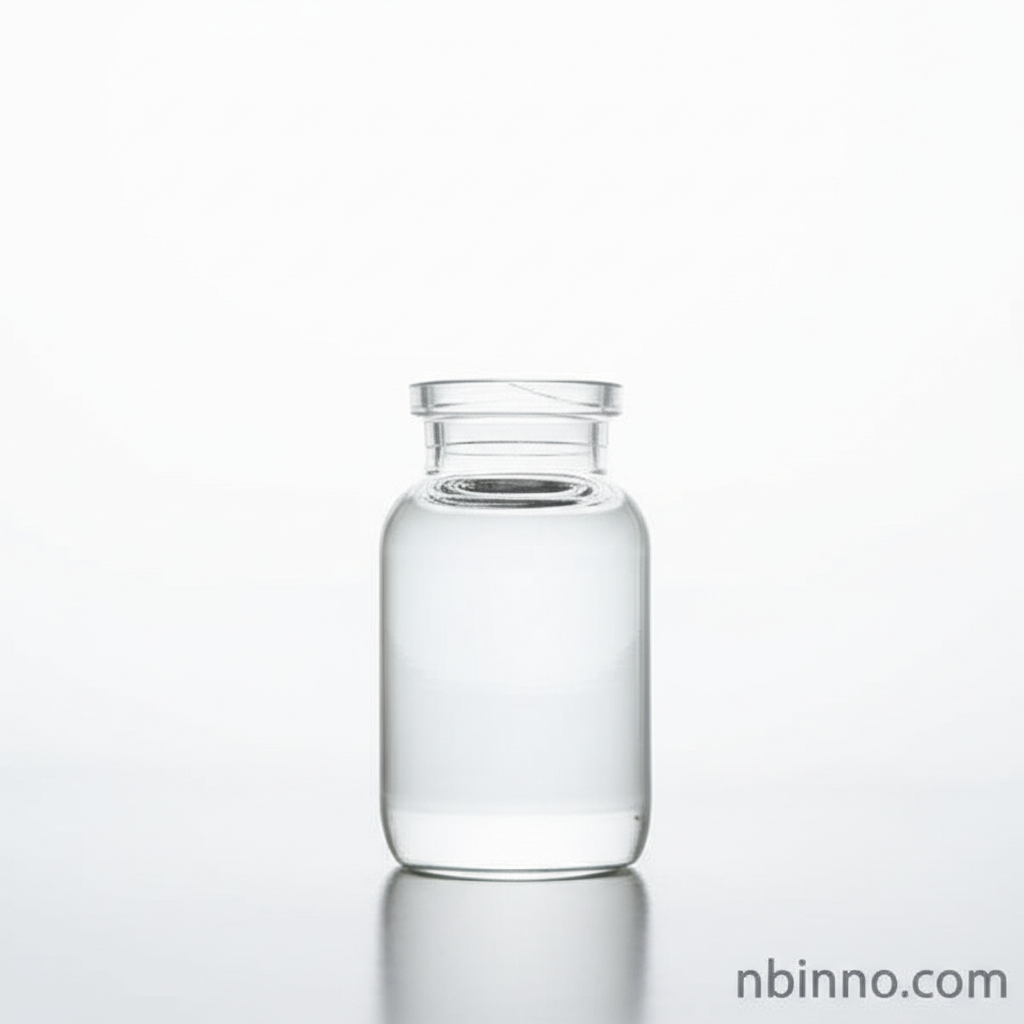Dibutyl Phthalate: Properties, Applications, and Safety Insights
Discover the essential role of this versatile plasticizer and its impact across industries.
Get a Quote & SampleProduct Core Value

Phthalic Acid Di-N-Butyl Ester
Phthalic Acid Di-N-Butyl Ester is a critical component in various industrial applications, primarily serving as a plasticizer. Its chemical versatility allows it to enhance the flexibility and durability of polymers, making it indispensable in sectors ranging from construction to consumer goods.
- This article details the dibutyl phthalate chemical safety data, providing crucial information for safe handling and usage.
- Explore the extensive dibutyl phthalate applications in PVC, showcasing its role in improving material performance.
- Understand the dibutyl phthalate properties, including its physical and chemical characteristics, which dictate its industrial utility.
- Learn about dibutyl phthalate CAS 84-74-2 uses, highlighting its broad spectrum of applications in manufacturing processes.
Key Advantages
Enhanced Material Flexibility
As a key plasticizer, it significantly improves the flexibility and processability of polymers, making them easier to mold and use in diverse applications, as discussed in dibutyl phthalate applications in PVC.
Versatile Industrial Use
The wide range of dibutyl phthalate CAS 84-74-2 uses spans across numerous sectors, from cosmetics to industrial coatings, demonstrating its adaptability and broad applicability in manufacturing.
Cost-Effectiveness
This compound offers a balance of performance and economic viability, making it a preferred choice for many manufacturers seeking reliable and cost-effective solutions for product enhancement.
Key Applications
Plasticizer for Polymers
Widely employed to increase the plasticity and decrease the viscosity of PVC and other polymers, improving their workability and durability, as detailed in dibutyl phthalate properties discussions.
Cosmetics and Personal Care
Used in certain cosmetic formulations as a solvent or fixative, though its use is increasingly scrutinized and regulated due to health concerns, as noted in dibutyl phthalate formulation in cosmetics and safety data.
Coatings and Adhesives
Incorporated into paints, varnishes, paper coatings, and adhesives to enhance film formation and flexibility, contributing to the longevity and performance of these products.
Insect Repellents
Historically used in some insect repellent formulations, particularly for agricultural applications, as part of its diverse range of dibutyl phthalate uses.
